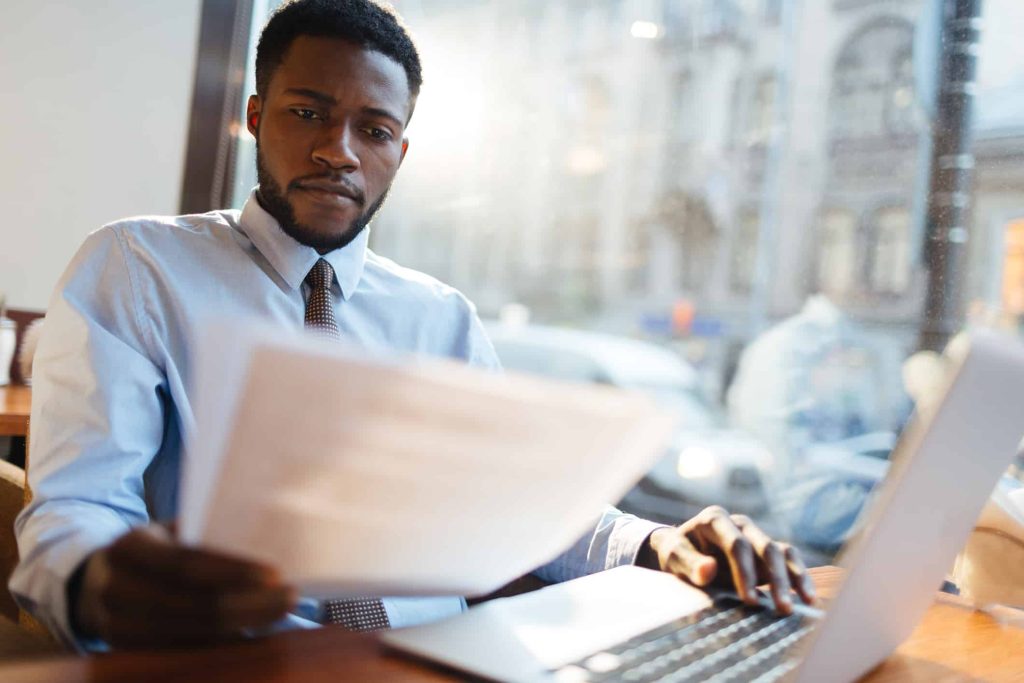When drafting the questions for Examinations for Discovery, the purposes of the examination should be kept in mind. This important pre-trial process is designed to achieve the following:
- Find out the opponent’s theory of the case
- Narrow the issues for trial
- Get admissions
Guided by these overarching considerations, and in contemplation of the general time limit of 7 hours for all the examinations that a lawyer needs to conduct, this blog entry attempts to provide some advice on how to ask effective questions for an Examination for Discovery.
What issues to focus on
Before one can turn to one’s opponent’s theory of the case, lawyers must be clear about their own. What elements of the claim must be proven by the plaintiff, or, when acting for the defendant, which elements can plausibly be resisted? Once this is clear, the next step is to review which elements, if any, have been admitted by the opponent, or which ones still need to be proven at trial. The latter are the ones to focus on during the examination. Keeping in mind the time limit, it is advisable to refrain from asking questions about documents that are clear and supportive of one’s own case.
Next, an evaluation of the difficulty of proving the contested elements of a claim should be conducted. This exercise will prove helpful when admissions are sought from and negotiated with the other party. Furthermore, being clear on the elements that need to be proven, or resisted, depending on the role of the client, will allow the lawyer to anticipate the opponent’s strategy and theory of the case. The opponent lawyer will of course focus on one’s own weaknesses. Listening carefully to the opponent lawyer’s questions is just as important as asking effective questions because it will provide clues as to where the opponent perceives the weaknesses to be. It may also reveal weaknesses oneself has overlooked.
How to approach hotly contested issues
Going into an examination with a good idea of what the hotly contested issues are is important for several reasons. First, questions about these issues need to be put to the opposing party. Research should be conducted in advance about one’s legal position: Can the question be resisted, and if so, on what grounds? This research must also be conducted for questions that are likely going to be posed to one’s own client. If there is relevant case law that may aid in convincing the opposing lawyer that a particular question can or cannot be asked, it should be brought along to the examination to prevent discussions and possible delays.
Secondly, it is possible to agree with the opposing party on which issues need to be put to the trier of facts or the judge. If less contested matters can be resolved in advance of the trial, either by admissions or a mutual agreement on the facts submitted by both parties, valuable resources can be saved.
Thirdly, it may be advisable not to start off with a hotly contested topic. If possible, one should try to build rapport with the examined party first, make them comfortable and have them relax by creating a comfortable and open setting. This may reveal information that would have remained undiscovered if the party had been approached aggressively from the start.
Fourthly, examining a contested issue towards the end comes with the advantage that there is limited time loss due to the inevitable argument that will arise on this topic. Particularly if several parties need to be examined, bringing up a topic provoking a hostile response may lead to a lack of time to ask other important, but perhaps less contested questions.
How to organize the questions
In order to reveal inconsistencies in a party’s testimony, it may be tempting to jump back and forth between issues to rattle the witness. Care must be taken that it is not the lawyer that ends up getting confused. It may be advisable to proceed in a more orderly manner, particularly if the lawyer practices in one particular area and conduct numerous discoveries of similar nature. It may become difficult to remember which question has been put to the witness already in such a case. Furthermore, it is a good practice to have a list of general questions that tend to always come up with a certain type of claim, and then to tailor such a list to the individual case to accommodate for the circumstances at hand.
Unlike at trial, during the Examination for Discovery, it is at times a good idea to ask questions to which the lawyer does not know the answer. After all, the lawyer needs to learn about the case he or she will have to meet, hence gathering information is a primary goal. This will make it clear which questions need to be avoided at trial. Open-ended questions, too, are permissible. Be sure to keep in mind the relevance requirement for the question and be mindful of the time constraint. On the other hand, the benefits of open-ended questions are the possibility of getting the witness to talk about matters one wouldn’t have known to ask about. If a witness gets stuck in their narrative, a follow-up question is advisable to help them get back on track.
By practicing the art of asking appropriate questions during a discovery, lawyers will quickly reap the benefits. This form of skilled questioning is also more likely to keep the examination shorter and more effective.
“This article is intended to inform. Its content does not constitute legal advice and should not be relied upon by readers as such. If you require legal assistance, please see a lawyer. Each case is unique and a lawyer with good training and sound judgment can provide you with advice tailored to your specific situation and needs.”

